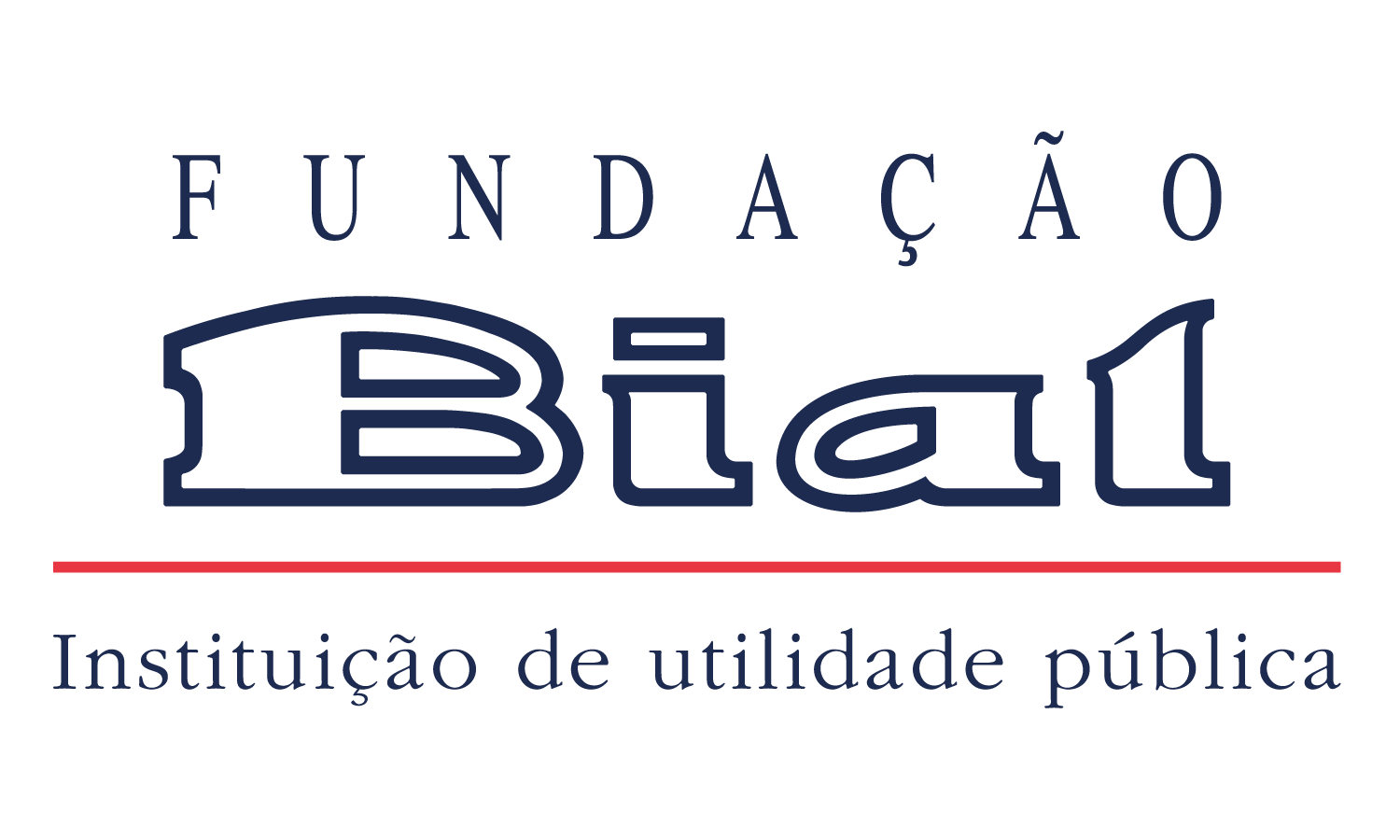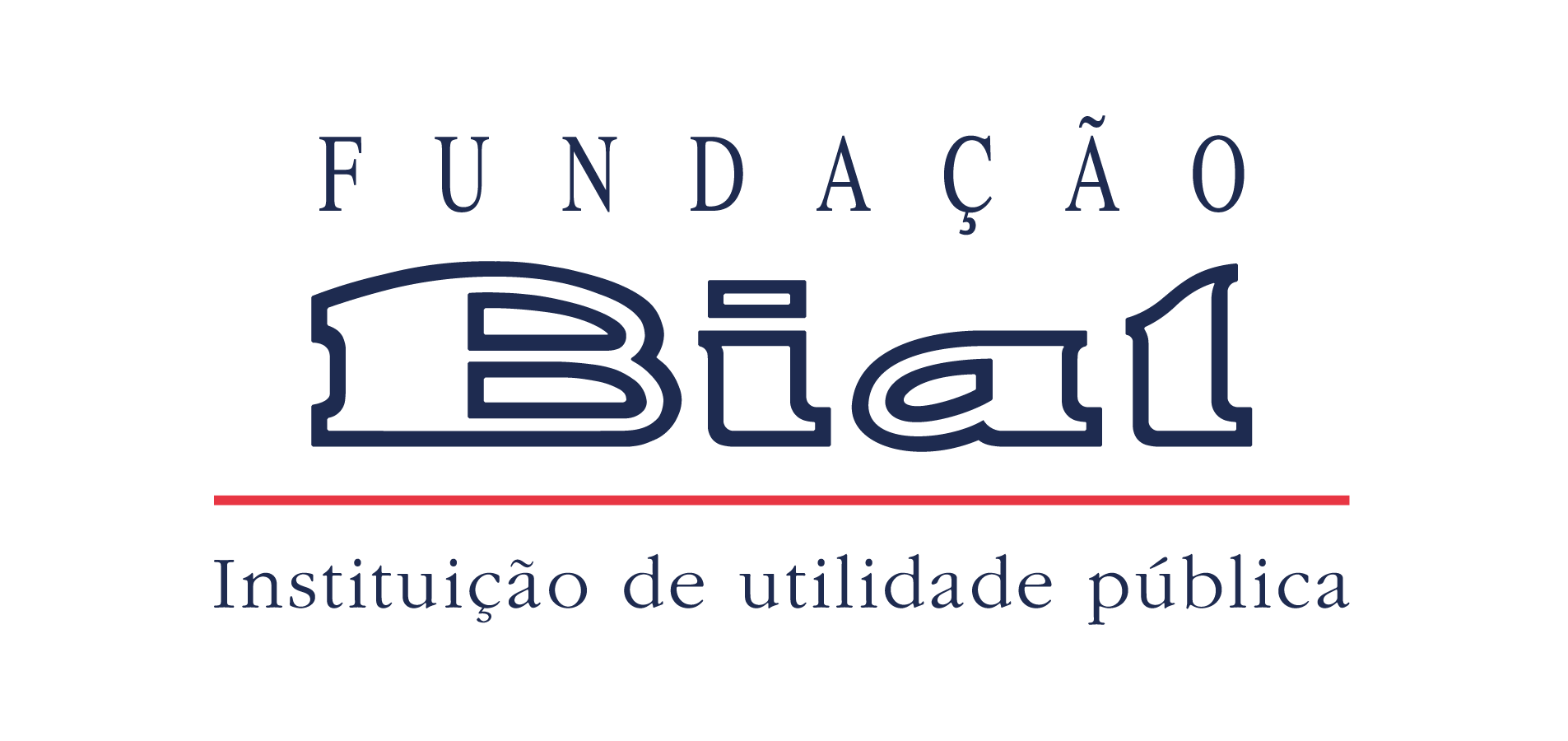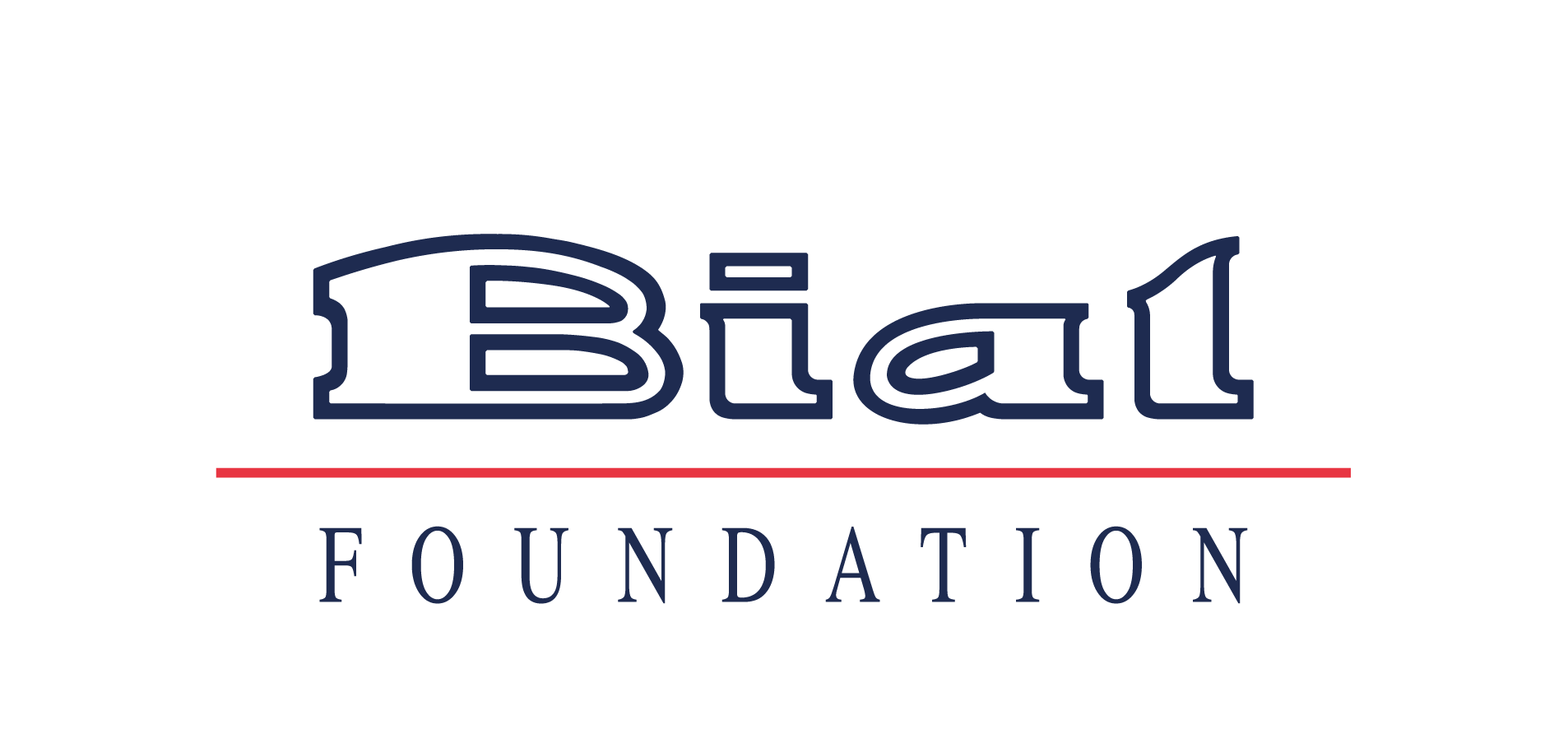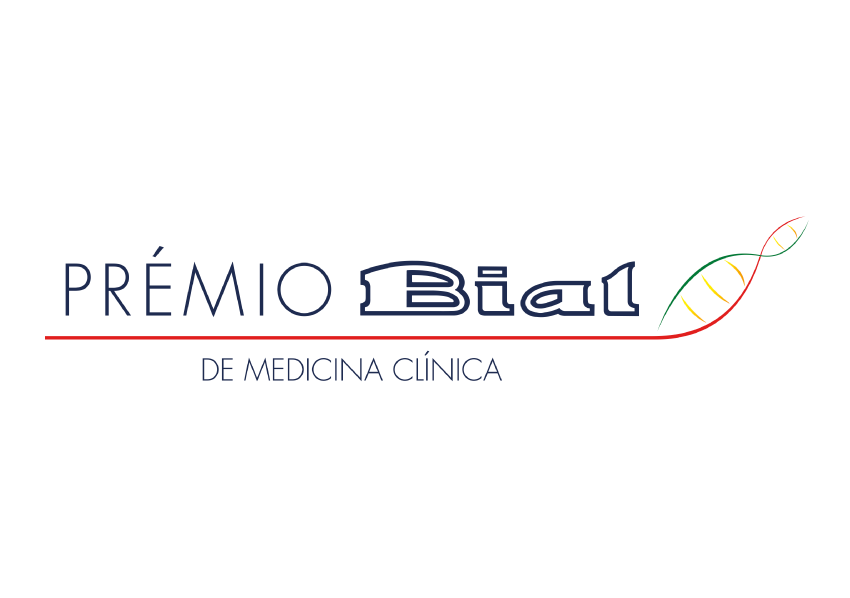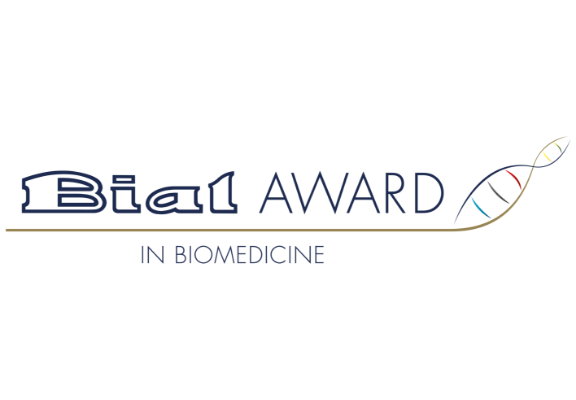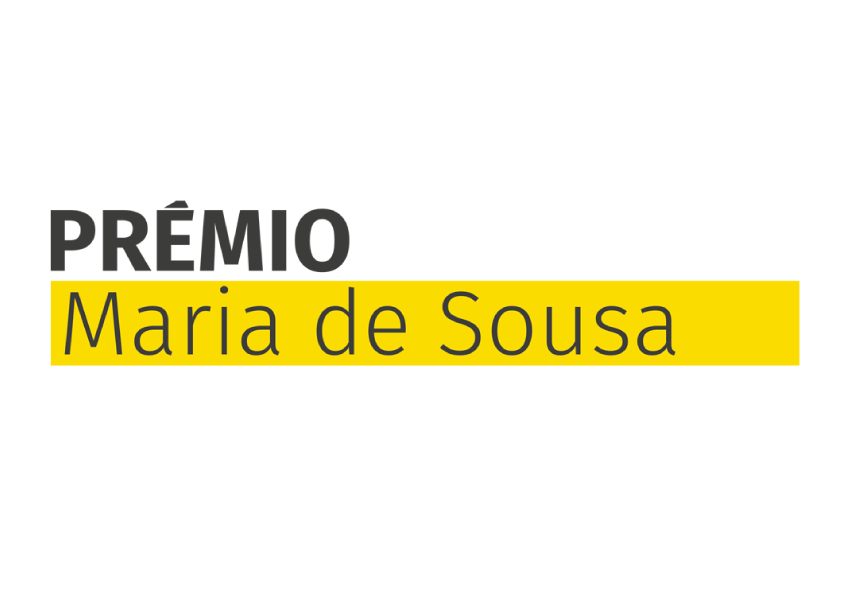Notícias
- Science Stories
- Destaques
- Looking for collaboration
- Links úteis
- Logos
Science Stories
É a concretização da nossa missão. Desde a sua criação a Fundação BIAL já aprovou para financiamento 946 projetos, envolvendo cerca de 1900 investigadores de 31 países. São três décadas de apoios a Projetos de Investigação Científica orientados para o estudo neurofisiológico e mental do ser humano, nas áreas da Psicofisiologia e da Parapsicologia.Conheça as histórias por detrás da ciência.
Science Stories
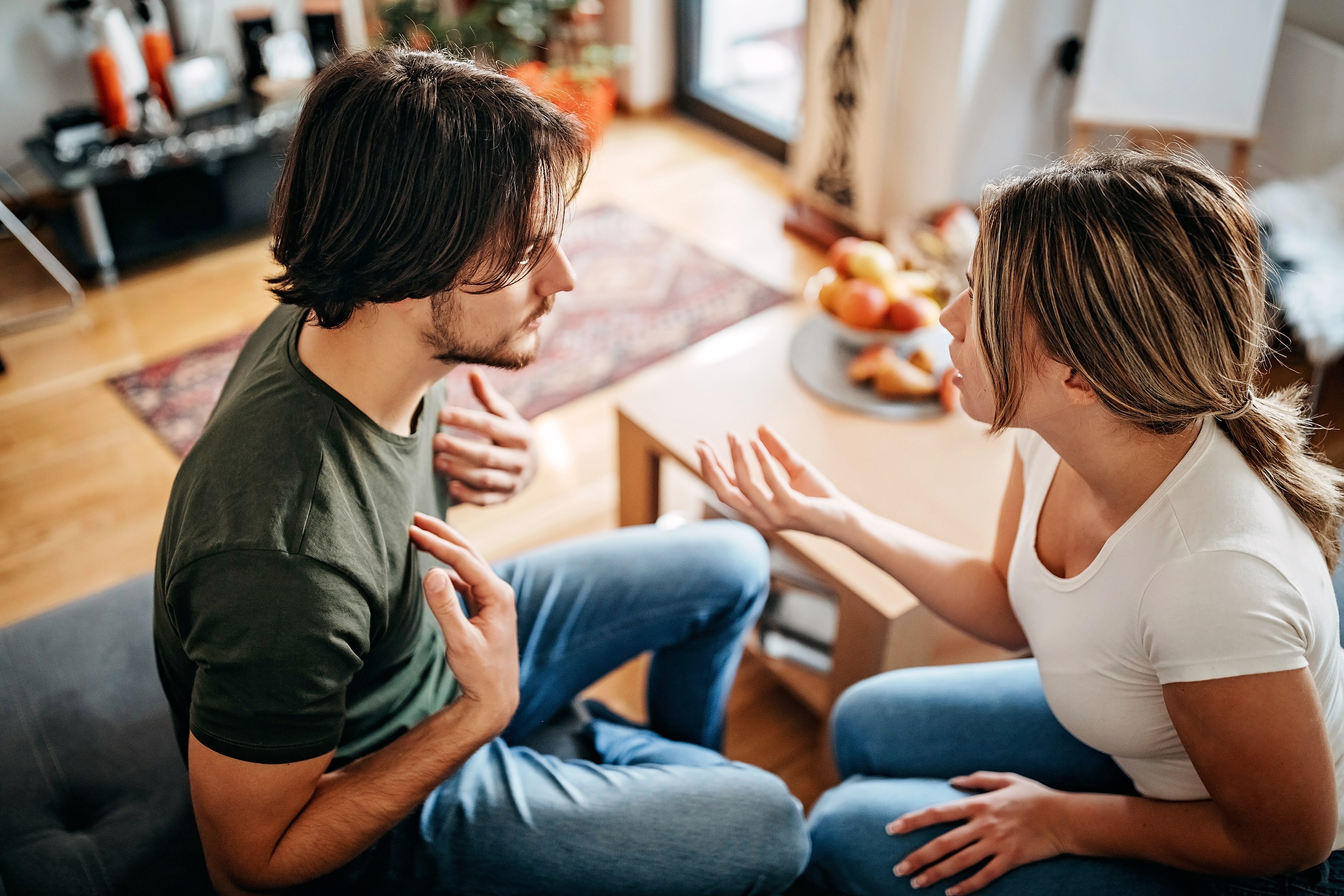
Empatia em casais
Compreender o funcionamento adaptado dos casais é algo crucial dadas as consequências nefastas da violência conjugal.

Vai escolher o de sempre ou arriscar?
Escolhemos sempre o mesmo caminho de regresso a casa, mas um dia decidimos arriscar um percurso alternativo. O que nos leva a tomar esta decisão?
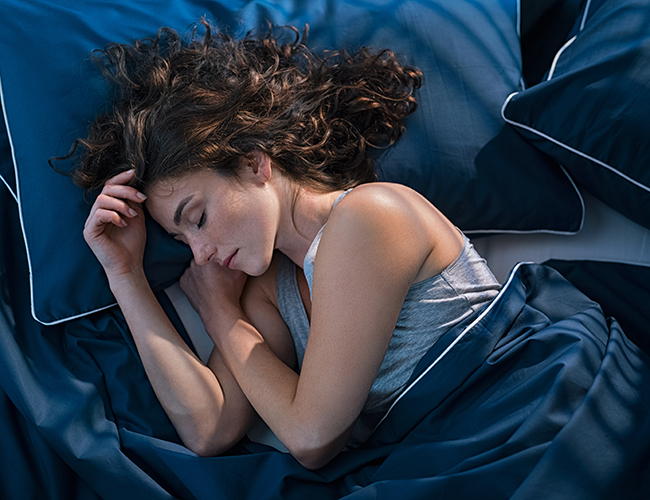
Sonhar enquanto se dorme e “sonhar acordado”: diferenças e semelhanças
Sabia que os sonhos “diurnos” refletem acontecimentos dos dois dias anteriores, enquanto os sonhos “noturnos” se assemelham a um enredo de ficção?
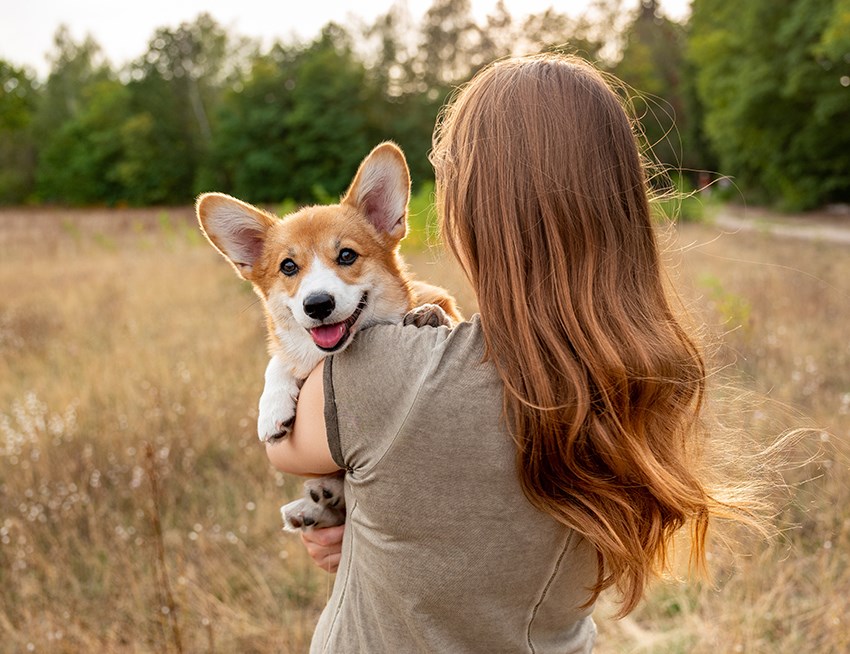
O seu cão tem competências sociais?
Estudo revela que a visualização do rosto do dono funciona como reforço social positivo para os cães. Conheça resultados intrigantes sobre o “melhor amigo do homem”.
News
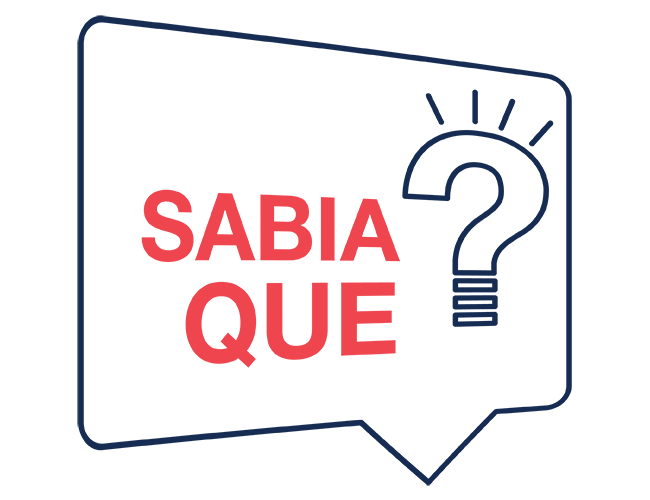
A Fundação BIAL apoia projetos que interrelacionam a Psicofisiologia e a Parapsicologia
Sabia que a Fundação BIAL apoia projetos que cruzam a Psicofisiologia e a Parapsicologia e que publicam em revistas como Consciousness and Cognition e Frontiers in Psychology?
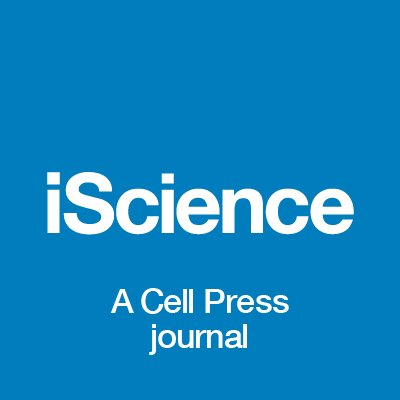
A coordenação comportamental ao nivel do submovimento
No âmbito do projeto 246/20 - The hidden rhythm of interpersonal (sub-)movement coordination, Alice Tomassini e colaboradores publicaram na revista iScience, o artigo “Interpersonal synchronization of movement intermittency”, com os seguintes destaques...
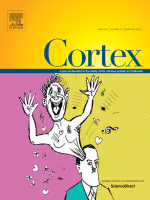
Será o ser humano capaz de avaliar a autenticidade emocional de vocalizações não-verbais?
Tatiana Conde e Magro, apoiada pela Fundação BIAL no âmbito do projeto 148/18 – Voice perception in the visually deprived brain: Behavioral and electrophysiological insights, concluiu que o ser humano é capaz de avaliar a autenticidade emocional de vocalizações não-verbais em fases iniciais do processamento emocional...

A representação neuronal da utilização de utensílios
Stéphanie Rossit, apoiada pela Fundação BIAL no âmbito do projeto 184/14 – Decoding neural representations of human tool use from fMRI response patterns, identificou as representações neuronais da forma como os seres humanos tipicamente utilizam utensílios. Além disso, o estudo demonstrou que estas representações acontem mesmo quando o desempenho da tarefa não requer processamento semântico. O artigo que detalha estes resultados “The role of the anterior temporal cortex in action: Evidence from fMRI multivariate searchlight analysis during real object grasping” foi publicado na revista científica Scientific Reports.

Como é que o contacto visual afeta a sincronização cerebral?
Caroline Di Bernardi Luft, apoiada pela Fundação BIAL no âmbito do projeto 138/18 – The neural signatures of leadership: Two-brain directed synchronization during eye-contact, demonstrou que o contacto visual afeta a frequência e a direção da sincronização cerebral, e que esta sincronização difere entre díades. O artigo que detalha estes resultados “Social synchronization of brain activity increases during eye-contact” foi publicado na revista científica Communications Biology.

Patrícia Teixeira Lopes é a nova administradora não executiva da Fundação BIAL
A Fundação BIAL passa a integrar, para o quadriénio 2022-2025, Patrícia Teixeira Lopes como vogal não executiva do Conselho de Administração...
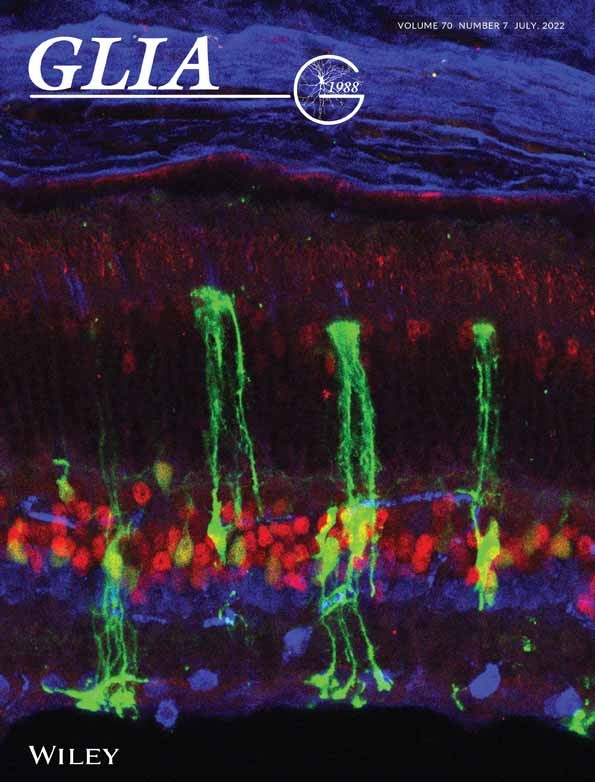
Como é que os astrócitos regulam a atividade das redes neuronais?
João Filipe Oliveira, apoiado pela Fundação BIAL no âmbito do projeto 37/18 – Decoding the neuron-astrocyte dialogue that supports cognitive processing, concluiu que os astrócitos, para além de contribuirem para o controlo homeostático e para a troca de sinais entre moléculas
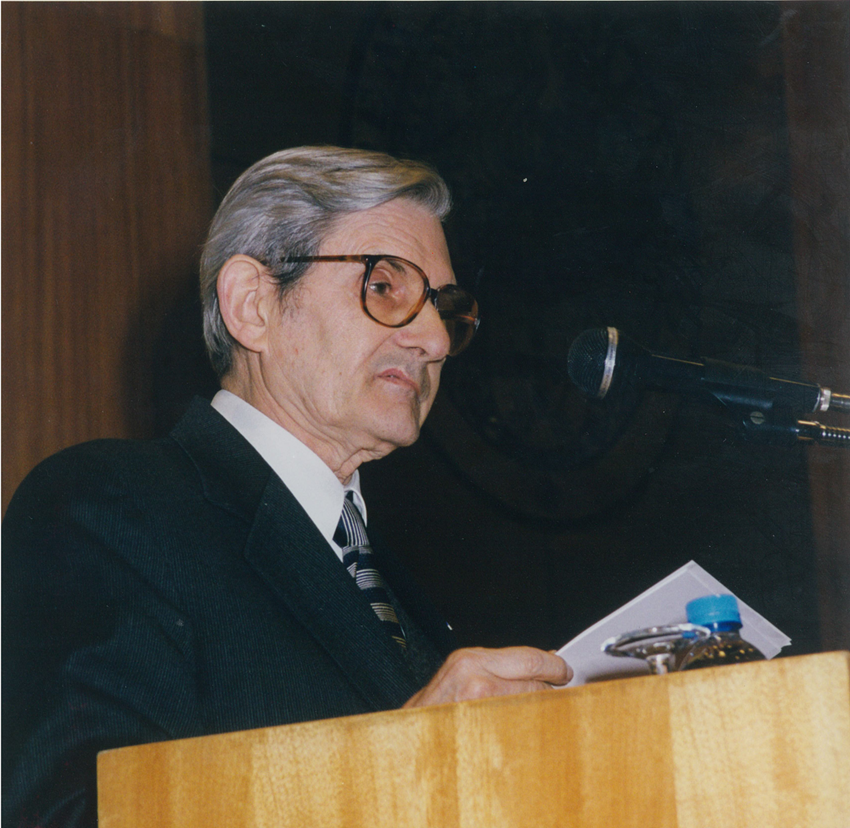
ICBAS e Fundação BIAL promovem a Bolsa de Doutoramento Nuno Grande 2022
A Fundação BIAL, em parceria com Instituto de Ciências Biomédicas Abel Salazar (ICBAS), promove a Bolsa de Doutoramento Nuno Grande 2022, em homenagem ao prestigiado médico, investigador e professor que fundou o ICBAS e esteve ligado à Fundação durante mais de 20 anos.

Que fatores contribuem para a identificação facial?
Nicholas Furl, apoiado pela Fundação BIAL no âmbito do projeto 27/16 – How do brains enconde the distinctive movements of facial expressions, demonstrou os efeitos das caricaturas espaciais na perceção da dissemelhança de diferentes expressões faciais.
Looking for collaboration

The quest of physiological markers for the experience of pain
Researcher: Elia Valentini - Department of Psychology & Centre for Brain Science, University of Essex Summary: The aim of this project is to improve measurement of the human experience of pain by investigating a combination of psychophysical and physiological responses during mild noxious stimulation. More specifically, we want to investigate how sensitive and specific to pain the brain oscillatory responses are. We use EEG as the main technique, but we are keen to collaborate with neuroscientists using fMRI, autonomic measures and brain stimulation as well as with computational neuroscientists. A clinical collaborator would also be very much welcome.

EEG investigation of hypnosis and decision-making
Researcher: Rinaldo Livio Perri - University Niccolò Cusano Rome, Italy Summary: I work in the field of hypnosis and cognitive neuroscience. In particular, I adopt the event-related potentials (ERPs) to investigate the effect of the hypnotic suggestions on sensory processing and cognitive performance. I am an expert in decision-making and proactive brain processes before the stimulus administration (e.g., the perceptual, prefrontal and premotor readiness during the expectancy stage). I could help colleagues to properly analyze the ERP signal in the pre-stimulus stage of processing. Also, I would be happy to share my EEG data for re-analyzing them in the frequency domain (e.g., wavelet or coherence analysis in the hypnosis research). Feel free to contact me for any question! More information on my papers: https://scholar.google.it/citations?user=-8e_V64AAAAJ&hl=it Possible collaborations: neuroscientist with experience in the EEG frequency analysis Email: perri.rinaldo@gmail.com

Transparent Psi Project - looking for collaborators
Summary: We are running a fully transparent, expert consensus-base multilab replication of Bem’s (2011) experiment 1. The project features state of the art methods to maximize transparency and study integrity. The study involves a computerized experiment taking about 20 minutes per session. Group testing is possible in a computer lab, no specialized equipment needed. Labs are expected to recruit at least 100 participants. Participants will be exposed to images with explicit erotic/sexual content in the experiment. No financial compensation is required for the participants. Data collection is expected to take place in the 2020 fall semester. Every material is provided for ethics/IRB submissions and data collection in English (translation of materials might be necessary by the collaborators). The study is pre-registered and the manuscript is accepted in principle for publication in the journal Royal Society Open Science. All collaborators who meet the minimum sample size criterion will get authorship on this paper reporting the results of the replication study. More information in the preprint: https://psyarxiv.com/uwk7y/ Indicate interest in the collaboration via the following form: https://tinyurl.com/tpp-labs With any question contact the lead investigator: Dr. Zoltan Kekecs, kekecs.zoltan@gmail.com

Cognitive control and learning
Researcher: Ignacio Obeso, Ph.D. / CINAC - HM Puerta del Sur Summary: The aim of our projects is to understand the behavioral and neural mechanisms used to learn how humans establish adaptive behaviour in changing contexts. More specifically, we want to decipher how stopping abilities are initially learned and later executed under automatic control. We use task-related fMRI, brain stimulation and clinical models to test our predictions in laboratory settings as well as online home-based paradigms. Possible collaborations: computational scientist Email contact: i.obesomartin@gmail.com https://iobesomartin.wixsite.com/cognitivecontrol
Veja aqui links de Fundações, Organizações, Sociedades e outros que lhe podem interessar.
- BrainFacts.org
- Cognitive Neuroscience Society
- Dana Foundation
- European Brain Council
- European Society for Cognitive and Affective Neuroscience (ESCAN)
- Federation of European Neuroscience Societies (FENS)
- Human Brain Project
- IANDS International Association for Near-Death Studies
- Institut Métapsychique International (IMI)
- Instituto de Psicologia Paranormal
- International Behavioral Neuroscience Society (IBNS)
- International Brain Research Organization
- IONS Institute of Noetic Sciences
- Kavli Foundation
- Koestler Parapsychology Unit
- Open Sciences
- Organization for Human Brain Mapping (OHBM)
- Parapsychological Association
- Psi Encyclopedia
- Rhine Research Center
- Sociedade Portuguesa de Neurociências
- Sociedade Portuguesa de Neurologia
- Society for Neuroscience
- Society for Psychical Research
- Society for Scientific Exploration (SSE)
- World Federation of Neurology

